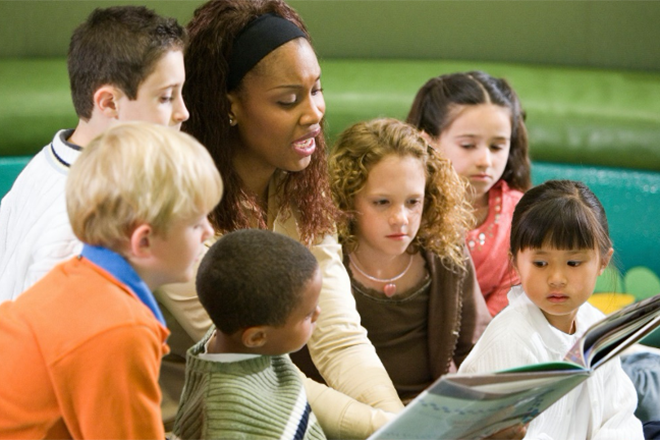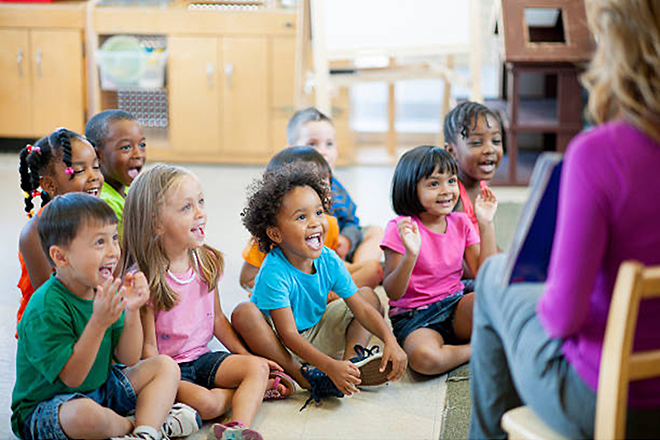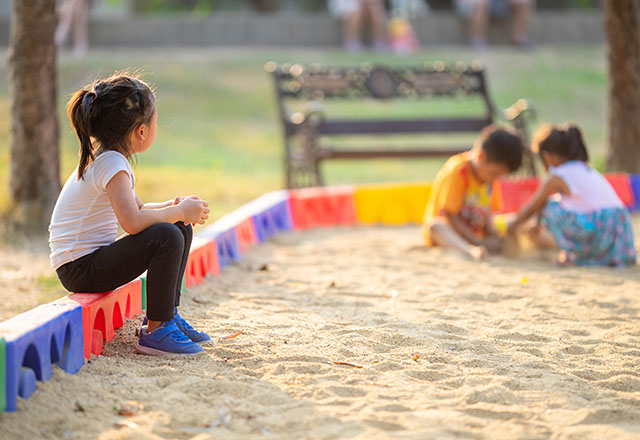SRI Education researchers are conducting an evaluation of the Pyramid Model, a three-tiered framework that supports early childhood education (ECE) teachers in preschool classrooms. The main goals of the Pyramid Model are to support ECE teachers as key figures in promoting the social-emotional skills and competence of children with and without disabilities so that all children can learn, develop, and grow in a positive and safe environment.
After over a full year of school closures, several teachers and school administrators are busy preparing for the long-awaited return to in-person classes this fall. But while worries of student learning-loss, momentum, and social-emotional well-being remain at the forefront of parent and school administrators’ concerns, the significant impact that this past year had on teachers cannot be overlooked.
After a turbulent 2020-2021 school year, it is more important than ever that educators have feasible and effective options to support students’ foundational social-emotional skills. Prior studies have found that students who participate in social-emotional learning (SEL) programs improve their behavioral and academic functioning and reduce their challenging behaviors.1 When selecting an SEL program, educators … Continue reading Social-Emotional Learning Program Study: Tools for Getting Along
We know that research informs practice in education, but how does practice inform research? Dr. Michelle Woodbridge, one of our lead researchers, recently attended a webinar on supporting students impacted by racial stress and trauma. In our latest blog post, she shares her response to that learning experience (spoiler alert – it was intense!) and her commitment to practice being a better researcher.
Did you know? The recent influx of federal COVID-19 relief funds provides an opportunity to fund early childhood educational mental health supports and services!
State agency leaders and early childhood educators can use infant and early childhood mental health consultation (IECMHC) to meet children’s social and emotional needs during and beyond the pandemic.










